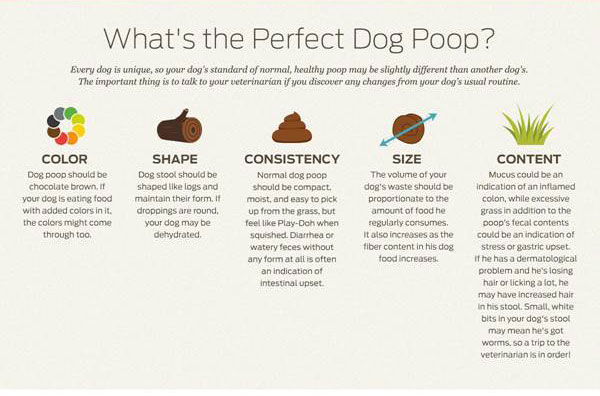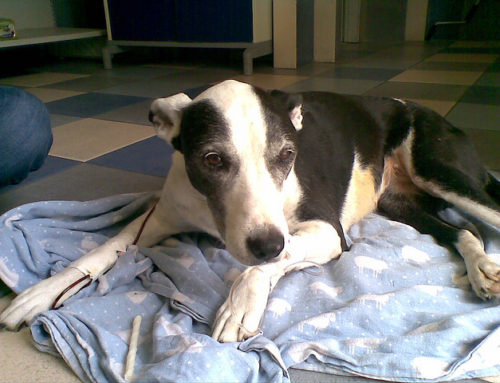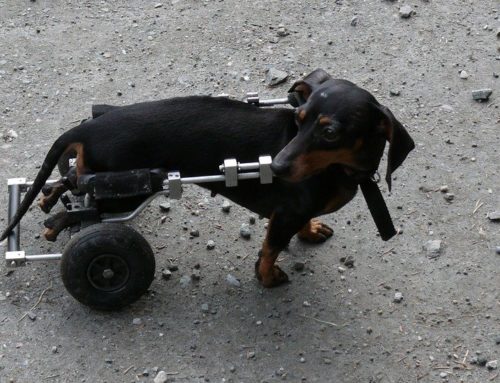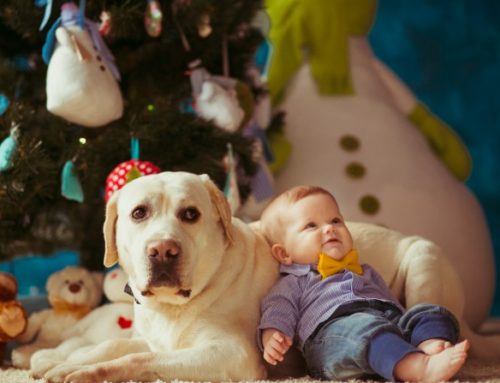Diarrhea is a common canine affliction and it varies in frequency, duration, and intensity from dog to dog.
Canine stomach acids are about three times stronger than those of humans, so they can digest food that is pretty much intact. Under normal circumstances, transit time from mouth through the small and large intestines should be under 10 hours, producing a firm, well-formed stool at the end.
Diarrhea is a common canine affliction and it varies in frequency, duration, and intensity from dog to dog. There are many reasons why a dog may develop loose stools, but most cases may be attributed to 12 triggers:
- Dietary indiscretion: Eating too much, eating garbage, or spoiled food. There’s actually a name for it in veterinary circles—“garbage toxicosis” or “garbage gut.”
- Change in diet: It may take a few days for a dog’s digestive system to adapt to new proteins. That’s why many dog-food manufacturers recommend that you go slow when you switch from one brand of food to another.
-
Food intolerance
-
Allergies
-
Parasites
-
Poisonous substances or plants
-
Swallowing an indigestible foreign body
-
Infections with common viruses
-
Bacterial infections
-
Illnesses
-
Antibiotics and other medications
-
Stress or emotional upset






Leave A Comment
You must be logged in to post a comment.